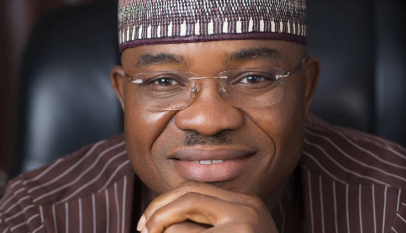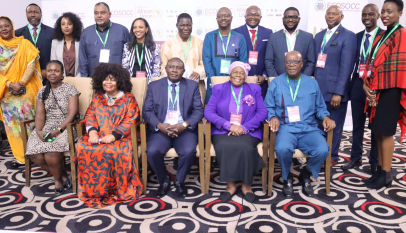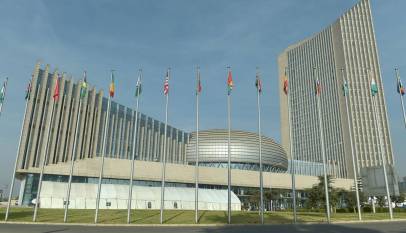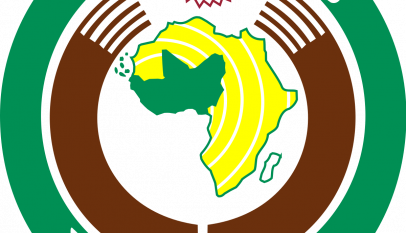Highpoints of African Union’s webinar on non-state actors’ role in Silencing The Guns
Last week Monday, the African Union hosted a virtual conference on the theme: “The Role of Non-State Actors in Silencing the Guns in Africa,” focused on the role of non-state actors in ending conflicts and human rights violations on the African continent
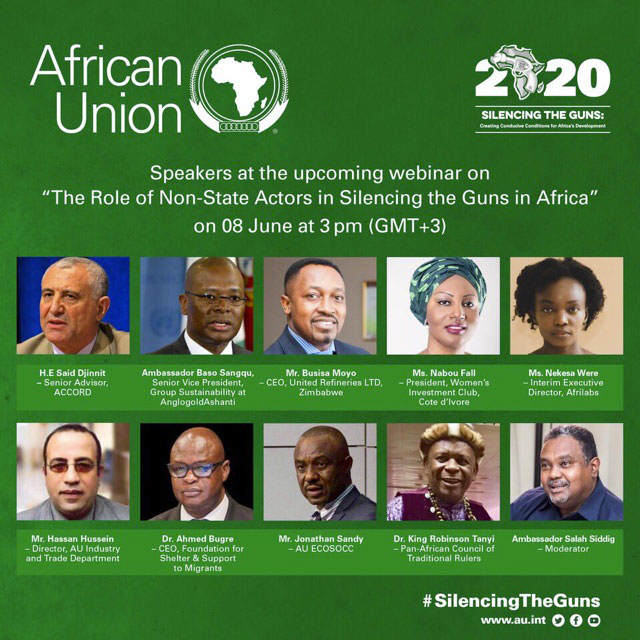
The African Union’s theme for 2020 is ‘Silencing the Guns in Africa: Creating Conducive Conditions for Africa’s Development.’ The Silencing the Guns in Africa campaign is a lead programme of the Agenda 2063 – Africa`s ambitious fifty-year development agenda. The campaign aims to achieve a conflict-free Africa by getting rid of all wars, violent conflicts, and human rights violations on the continent. It is in alliance with Aspiration 4 of the Agenda 2063: A peaceful and secure Africa.
It was on this premise that the African Union, last week Monday, hosted a virtual conference with key non-state actors from the civil society, academia, and private sector, aimed at identifying Africa-owned solutions to the numerous peace and security challenges currently bedeviling the continent. The discussion was hosted by Ambassador Salah Hammad, head of the African Governance Architecture (AGA) Secretariat at the AU Commission.
While giving the keynote speech at the virtual conference, the AU’s Commissioner for Peace and Security Ambassador Smail Chergui, observed that, against the backdrop of the COVID-19 pandemic, ongoing conflicts in Africa had severely affected humanitarian access to conflict areas, despite calls for ceasefire by the AU. Consequently, he said, the situation had limited the reach of relief materials to the most vulnerable, namely refugees, internally displaced persons, returnees and migrants.
“The threat posed by COVID-19 has considerably slowed the momentum of the silencing the guns agenda, and our intention is to further accelerate our collective efforts to end conflicts and crises in Africa, while expressing concern that terrorists and armed groups have failed to heed the calls of the AU and UN leadership for a global ceasefire,” said Ambassador Chergui.
In his address at the webinar, Ambassador Said Djinnit, senior advisor at the African Center for Constructive Resolution of Disputes (ACCORD), said although the AU had successfully built a strong peace and security architecture for Africa, there was still need to strengthen the capacity of the Union to effectively manage peace operations on the continent.
Djinnit acknowledged the complexity of most of the armed conflicts around Africa, particularly the international dimensions to the conflicts, for which reason the AU often gets marginalized in peace and conflict resolution efforts. “Since its creation, the AU has been doing its best to defuse wars and address conflicts in Africa [despite its constraints]. But there is still hope. The AU must remain firm and continue to make its contributions [towards silencing the guns in Africa],” he says.
Djinnit emphasized the important role of Civil Society Organizations (CSOs) in the prevention of conflicts in Africa. “We have seen how African efforts have been boosted when a Regional Mechanism (RM) and the AU worked hand in hand. We have seen it in Gambia, Central African Republic (CAR) and more recently in Sudan. Hence, we should [also] look at how to further strengthen the contribution of the civil society and think-tanks in peace efforts especially in prevention of conflicts in Africa,” urged Djinnit.
Jonathan Sandy of AU Economic, Social, and Cultural Council (ECOSOCC) agrees with Djinnit that even as the AU had built a strong peace and security architecture for Africa, there was need to ensure optimal participation of civil society in addressing conflicts in Africa. “We need the participation of the CSOs in efforts to silence the guns in Africa. The civil society has a complimentary role in mediating conflicts.”
In his remarks, Busisa Moyo, CEO of United Refineries Limited in Zimbabwe, highlighted the importance of creating job opportunities for the continent`s young people in order to silence the guns in Africa. Otherwise, “soon these rumbling stomachs will become the sound of guns on the continent,” he warns.
Moyo decried the fact that intra-African trade was still under 20% and acknowledged the new opportunities presented by the African Continental Free Trade Area (AfCFTA) in terms of boosting intra-continental trade, value addition and jobs creation on the continent. He added that Africa must focus on intra-African trade as a means of creating employment opportunities for African youths.
Ms Nabou Fall, president of Women`s Investment Club in Cote D`Ivore, called on African Heads of State to recognize the important role of the private sector in the prevention of armed conflicts on the continent, by creating more job opportunities for women and youths.
Fall decried the lack of access to finance by women-owned businesses in Africa and lamented that business women in the informal sector had been adversely affected by the coronavirus pandemic and consequently needed government support. ”We have new opportunities that are surfacing in the private sector and we must make sure that we empower the [women] entrepreneurs to take advantage of those opportunities. Small businesses face a lot of challenges and it’s not easy for them to compete. We need to give them a seat at the table,” she added.
In his remarks, Dr. King Robinson Tanyi, secretary-general of the Pan-African Council of Traditional and Customary Authorities (PACTCA), decried the lack of inclusion of traditional institutions in peace and conflict resolution efforts in Africa. “Traditional authorities have so far been ignored in conflict resolutions on the continent. We need traditional authorities and institutions to silence the guns in Africa.”
Dr Tanyi noted that silencing the guns in Africa required an all-inclusive approach involving both state and non-state actors, hence excluding traditional authorities in peace dialogues could greatly hinder efforts aimed at ending wars and conflicts on the African continent. He therefore recommended the strengthening of PACTCA, institutionally and financially, as part of efforts to build “integrated, prosperous and peaceful Africa”.


